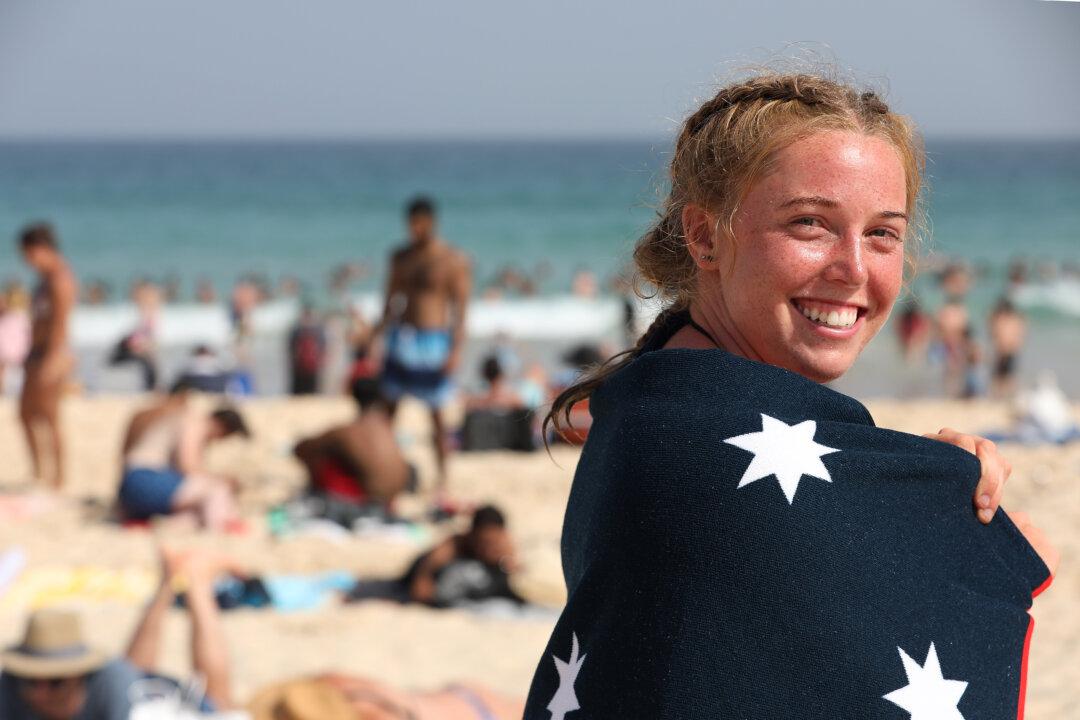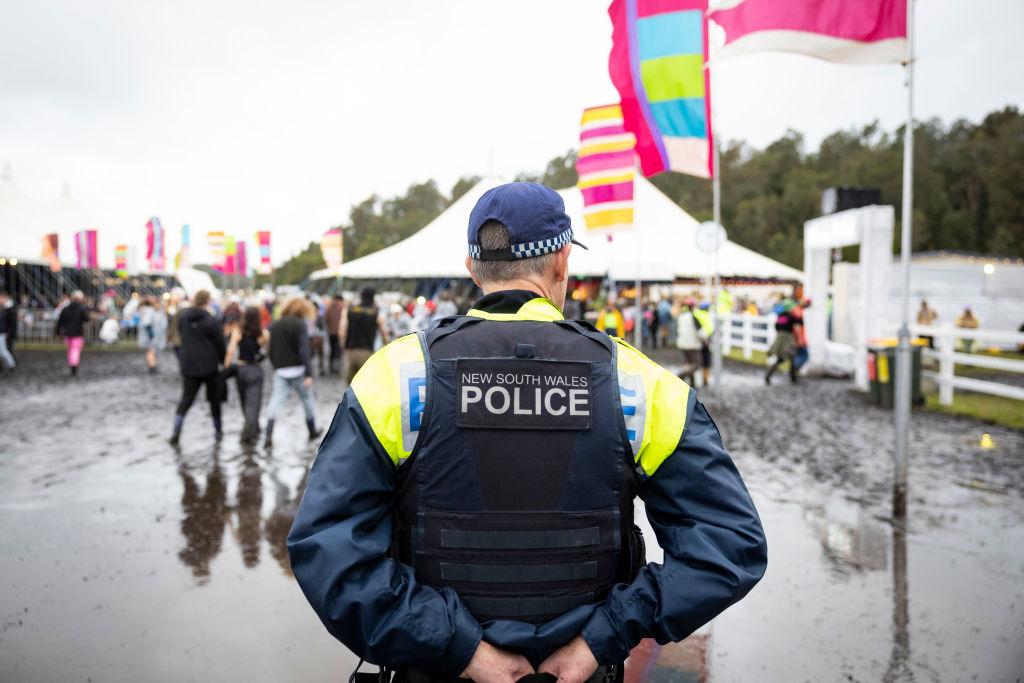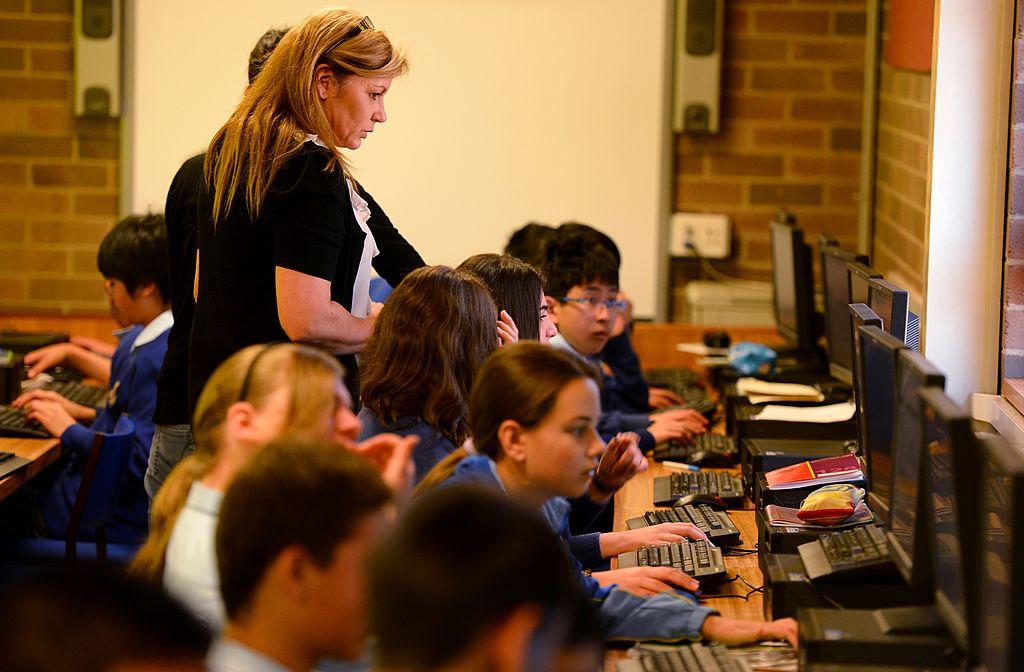A groundbreaking $7.3 million (US$4.8 million) sun-safe campaign is underway to reshape the sun habits of 18- to 30-year-old Australians after statistics reveal many young people persistently tan and believe they won’t get skin cancer.
The Australian government and Cancer Council Australia are running the campaign across Spotify, YouTube, and other platforms, involving over 50 content creators, a music festival, and brands in fashion, beauty, and lifestyle to “End the Trend” of suntanning.





